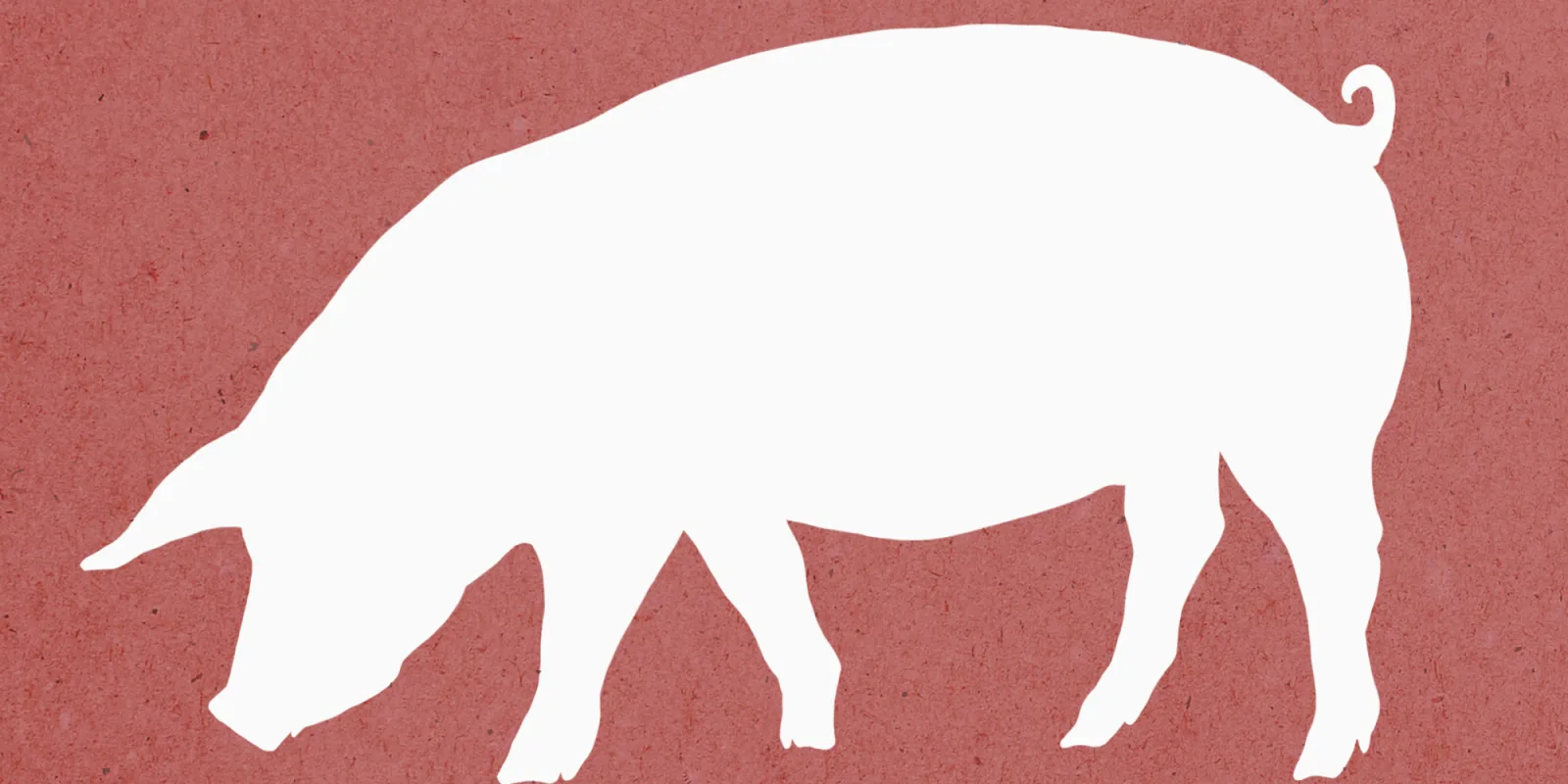
Transplant surgeon, Dr. Joshua Mezrich writes in his book, “When Death Becomes Life,” about organ transplants, highlighting the selfless humanitarian gift whereby a healthy person undergoes surgery to donate a kidney to one suffering from kidney disease.
He writes in the voice of the donor, “Together we will fight through this. I will take the same leap of faith you are taking. Let me join you in your suffering.”
Now because of gene editing technology, pigs are being evaluated as a potential source of kidneys for humans suffering from this cruel disease. It appears to be on the not-too-distant horizon.
Gone will be the solace to a grieving family of having their deceased loved one donate and, in a way, live on.
On a sentimental level I recognize the loss of this pinnacle of humanitarian behavior but on a professional level I see the value of non-human donors. I am a rescue dog owner and am sensitive to animal rights advocates, but if given the choice, I would prefer not to put a human donor in jeopardy.
Furthermore, I am not certain that the precious gift is valued as it once was.
Recently a patient with a kidney transplant had to renew crucial medications. This began a romp through a twisted web of low-level bureaucrats who don’t care about the humanity of transplants, or it seems, the humanity of anything.
This occurred:
I gave the patient the prescription. It was denied because they needed a prior authorization.
I sought the prior authorization but was denied.
I was told to resend the script.
I sent the script, but they sent it back saying I had to put the patient’s address and phone number on the script. I did that, but it was denied.
I called and was told I had to fill out an information sheet and fax it back.
This I did and was denied. We continued sending faxes but received a fax telling us to quit sending faxes. Denials piled up.
The patient contacted the insurance company.
We received a letter saying Medicare part D was not responsible for the drugs, but that Medicare part B was responsible. When the pharmacist ran it through part B, it was denied.
The patient’s insurance company informed the patient that their pharmaceutical branch no longer had the contract for transplant drugs.
Finally, they told the patient to go to a drug store chain that now had the contract.
The script was finally filled. It took three weeks.
It would appear that the humanitarian act of transplantation is getting lost.
So, if pig kidneys could provide an unlimited supply, it is a good thing, albeit not very romantic or emotionally satisfying.
My final issue in favor of pig kidneys comes from a recent article titled, “The Nightmare of Human Organ Harvesting in China.” The article alleges of the murder of political prisoners for organ transplantation. I researched further and discovered allegations that were similarly disturbing. In 2016, Nobel Peace Prize nominees, David Matas and David Kilgour state, “The Chinese Communist Party had engaged the state in the mass killings of innocent Falun Gong, but also Uyghur Muslims, Tibetan Buddhists and select House Christians, to obtain organs for transplant.”
China denies these allegations.
An independent tribunal investigating organ harvesting in China concluded:
“The Tribunal’s members are all certain -unanimously and sure beyond reasonable doubt that in China forced organ harvesting from prisoners of conscience has been practiced for a substantial period of time.”
Intellectual exchanges involving some of our most prestigious medical institutions are underway with China. The New England Journal of Medicine advertised a podcast titled, "China’s Changing Health Care: Global Lessons at Scale" produced by NEJM Catalyst and hosted by Jiahui Health, Shanghai.
The international medical community remains silent but, in my opinion, intellectual intercourse, such as the one mentioned above, should come to a halt until these allegations are investigated and proved false.
Using pigs to supply organs for transplantation would cause the bottom to fall out of the alleged Chinese transplant atrocity.
Ethics and transplantation are interlinked by its concept and origin and mandates that those of us who take care of transplant patients and their donors must insist on patient safety. This is fundamental to the practice and cannot be compromised regardless of personal or professional jeopardy. After all, we are asking healthy individuals to be put at risk.
It will be a while before pigs replace humans, but the change in the attitude toward transplants, and with what allegedly is happening in China, makes me think that the future belongs to the pigs, the four-legged ones.
Dr. Olaf Kroneman is a nephrologist at the Southeast Michigan Kidney Center. He graduated from the Michigan State University College of Human Medicine, interned at the Mayo Clinic in Rochester, Minnesota, then attended the University of Virginia to complete a residency in Internal Medicine. He completed a fellowship in Nephrology at Massachusetts General Hospital and Harvard Medical School. His work has appeared in literary magazines. Dr. Kroneman is a 2018–2019 Doximity Author.







